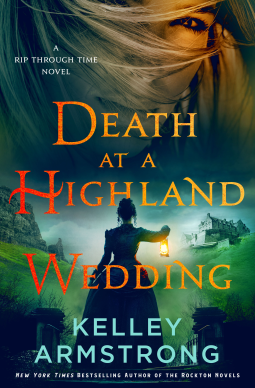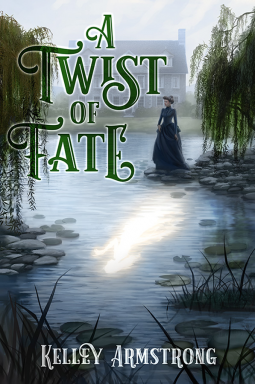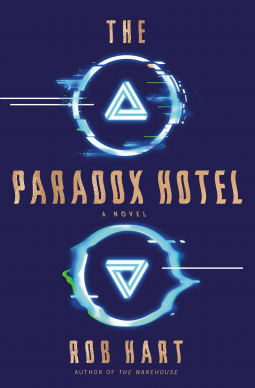Death at a Highland Wedding (A Rip Through Time Novel) by Kelley Armstrong (St Martins)
Death at a Highland Wedding is the fourth
installment in Kelley Armstrong's “Rip Through Time” time-travel novels
that feature modern-day homicide detective Mallory Atkinson, who has slipped
150 years into the past to Victorian Scotland. By now, three books later, she's
developed meaningful relationships with the people around her and is using her
training as an assistant to undertaker Dr. Duncan Gray and Detective Hugh
McCreadie. That’s all the backstory a reader needs, since Armstrong skillfully
weaves in the relevant material as the plot unfolds. The important thing is
that Duncan and Hugh, along with Hugh’s independent-minded sister, Isla, know Mallory’s
true identity and trust her investigatory skills.
Now the four are off to a beautiful highland hunting lodge
for the wedding of Hugh’s younger sister. All is not well, however. The new gamekeeper
has been laying traps that threaten not only local wildlife but the poor folk
accustomed to traveling freely over the estate. Soon, Mallory and her friends
are caught up in a series of increasingly bizarre mysteries that culminate in
the murder of one of the guests, for which the inexperienced young constable
arrests the groom.
The combination of time travel and murder mystery would furnish
an entertaining read, but Armstrong goes further. Her sensitivity to relationships,
the vulnerability of women in the 1870s, especially those without rank or
money, and Mallory’s compassion and quick insight all make for a deeper story.
It’s not necessary to have read the preceding volumes to enjoy Death at a
Highland Wedding, although you’ll likely want to gobble up as many of the
adventures of Mallory and her friends as you can find.










